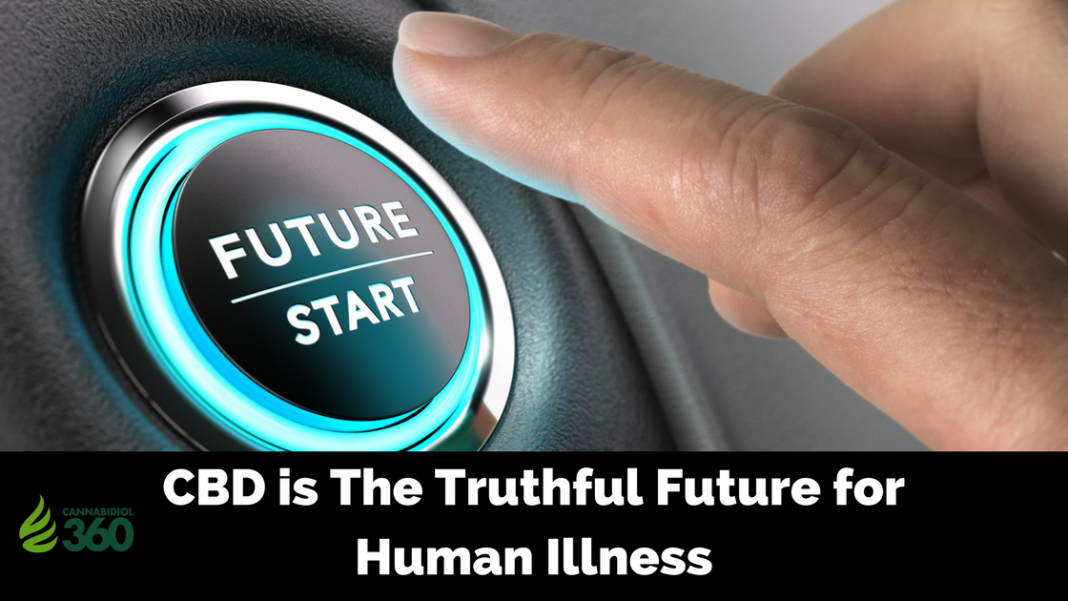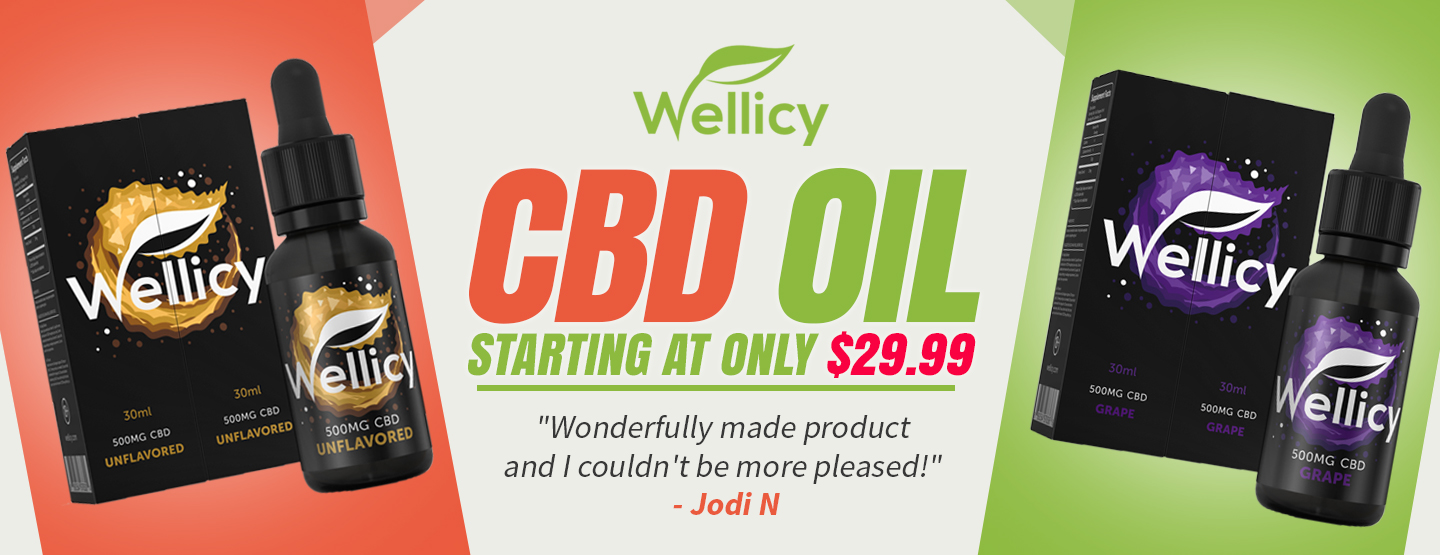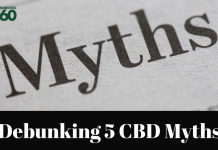
Cannabidiol (CBD) is a very popular molecule. CBD is also a very personal matter. The dosage, the strain and the form of consumption regarding how it is administered in your body are all highly personalized features.
What may be effective for one person, may be entirely different for you. Therefore, all CBD brands must become staunch believers in providing multiple, safe, effective, options for today’s diverse CBD consumers.
From a scientific perspective, it is difficult to ignore the research and science behind the entourage effect of using “full spectrum” products.
However, the answer is not as simple as we might think. Since each person’s body is different, and each health issue has its own unique symptoms and challenges, what is best for each person, is indeed, specific to each person’s own body and needs.
From a business perspective, the most sustainable business model for CBD involves catering to each consumers’ individual needs.
Therefore, it is best to choose to offer a full line of all types of CBD products, from CBD-based food and drink products, full spectrum vapes or tinctures, to the 99.9% pure CBD isolate concentrate along with a selection of topicals — such as lotions.
Who Can Benefit Most from CBD?
Those dealing with PTSD, acute tremors, or chronic pain, often prefer the strongest and purest form of CBD, such as, CBD isolate. For others, what works best is combining two types of CBD to get the desired results.
For instance, those who consume a dropper of a tincture daily or gel caps twice a day, all for the purpose of maintaining a higher level of CBD in their bodies, it is said that vaporizing CBD works even better.
It is actually often recommended to new users that you try a couple different forms of CBD, to find the best product and application method for you.
Studies published in medical and scientific journals, in both America and Europe, some from major medical centers, suggest CBD is effective for conditions including acne, depression, a variety of anxiety disorders, and even schizophrenia.
Other studies report potential usefulness in treating chronic pain and inflammation, opioid and nicotine addictions, heart disease, diabetes and neurodegenerative disorders like Alzheimer’s disease, multiple sclerosis, Parkinson’s disease, and stroke.
Bold Claims Or Plausible Suggestions?
It’s been said, and even advertised that CBD can cure Cancer. This may be jumping to conclusions far too soon.
However, CBD does have anti-cancer qualities, but it is more likely that CBD can be utilized as an alternative therapy to guide those who suffer from cancer, down a path of healing, suppressing cancer growth and the spread of it.
It must be emphasized, however, that much more research is necessary to truly say CBD has meaningful value in treating these conditions.
While these are indeed bold claims, they may also be plausible suggestions. Yet perhaps only for some with a specific genetic makeup and not at all useful for other people with incompatible genomes.
Full Spectrum CBD

Full spectrum CBD combines more of the cannabinoid components together to provide a much better likelihood to feel the therapeutic relief.
CBD works well for relieving pain, but also the cannabinoid CBC works well for pain so when all these cannabinoids are engaged in an entourage effect synergizing together to cause more effective results.
Some say that when you isolate a compound, like CBD. you are depriving the therapeutic capabilities. When you try to combat something with one component, it’s not going to be nearly as effective as a combination of 5 or 6 cannabinoid compounds.
Connected Through Nature

It is simply impressive how there is a direct correlation between human genetics and a plant growing in the earth’s soil.
So, it is always wise to remember how CBD affects everyone differently and from all the research, data suggests this is largely due to the significance of the strain of hemp or cannabis used to extract the CBD from.
“Strain-specific” has become a major factor within the industry and will soon become even more widely understood by the consumers in the near future.
Isn’t this a natural phenomenon and why has this been prohibited until now? It is vital to continue studying this even more.













I use the CBD which helps me, I feel great! I believe this product. Great products at the hempcbdworld.com
You should check out the site for Wellicy CBD